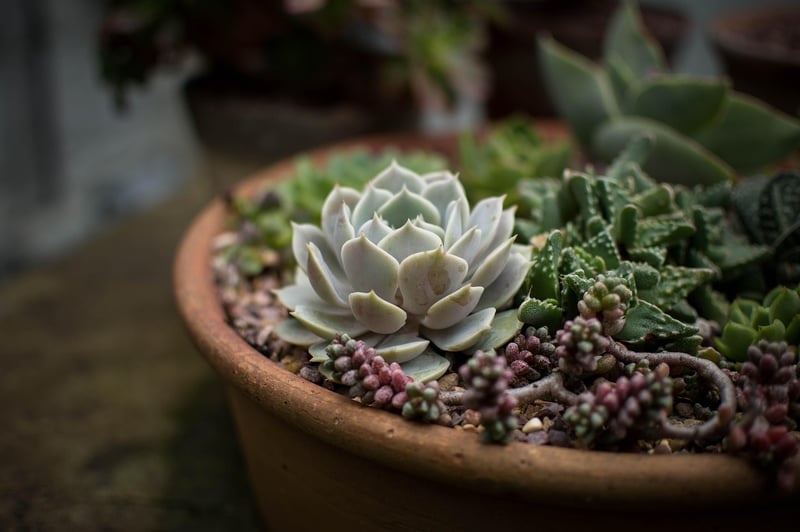Indoor vs. Outdoor
The Basics of Understanding Plant Needs: Indoor vs. Outdoor
Plants, like any living organism, have specific needs to thrive and grow. Understanding these requirements is essential for successful gardening, whether indoors or outdoors. Let's delve into the basics of plant needs and explore the differences between caring for plants in indoor and outdoor environments.
Light
Light is crucial for plants as it drives the process of photosynthesis, enabling them to produce energy. Outdoor plants generally receive direct sunlight, which is intense and abundant. In contrast, indoor plants may not have access to direct sunlight, requiring artificial grow lights to supplement their light needs.
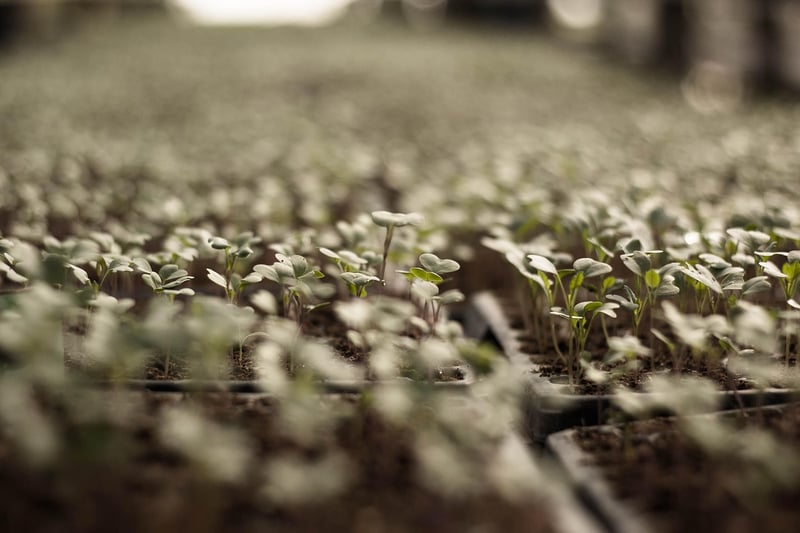
Water
Water is another essential element for plant growth. Outdoor plants rely on natural rainfall, while indoor plants need regular watering to maintain proper moisture levels. Overwatering can be as harmful as underwatering, so it's crucial to find the right balance for each plant.
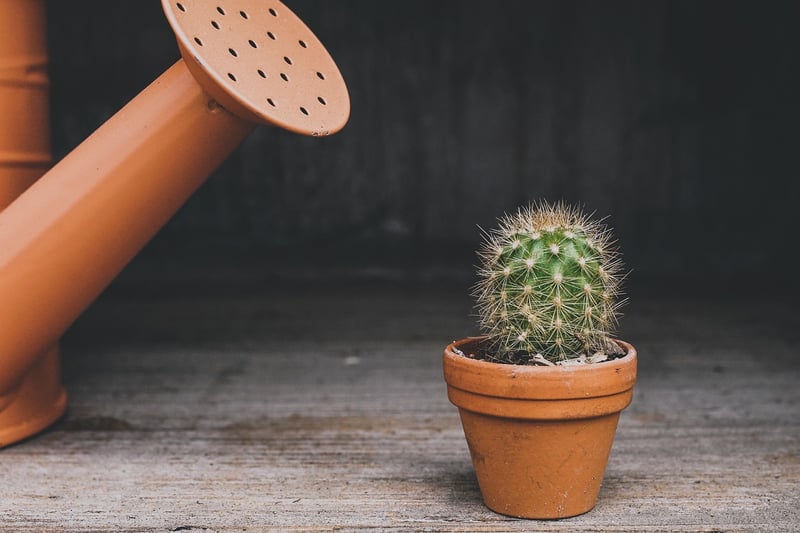
Temperature and Humidity
Plants have specific temperature and humidity requirements. Outdoor plants are exposed to fluctuating outdoor conditions, while indoor plants benefit from a controlled environment. It's essential to mimic outdoor conditions for indoor plants that require specific temperature and humidity levels.
Soil and Nutrients
Good quality soil provides plants with essential nutrients for growth. Outdoor plants can benefit from natural soil compositions, while indoor plants may require regular fertilization to replenish nutrients in artificial potting mixtures.
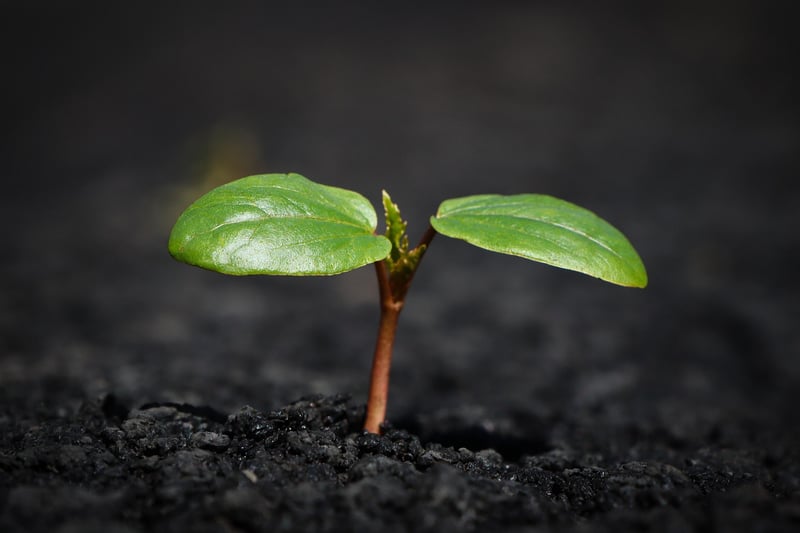
Space and Air Circulation
Plants need adequate space to grow and thrive. Outdoor plants have unrestricted space to spread their roots and foliage, while indoor plants may require pruning to prevent overcrowding. Proper air circulation is crucial for both indoor and outdoor plants to prevent diseases and promote healthy growth.
Pest Control
Both indoor and outdoor plants are susceptible to pests and diseases. Outdoor plants may attract a different range of pests compared to indoor plants. Regular monitoring and appropriate pest control measures are essential to keep plants healthy.
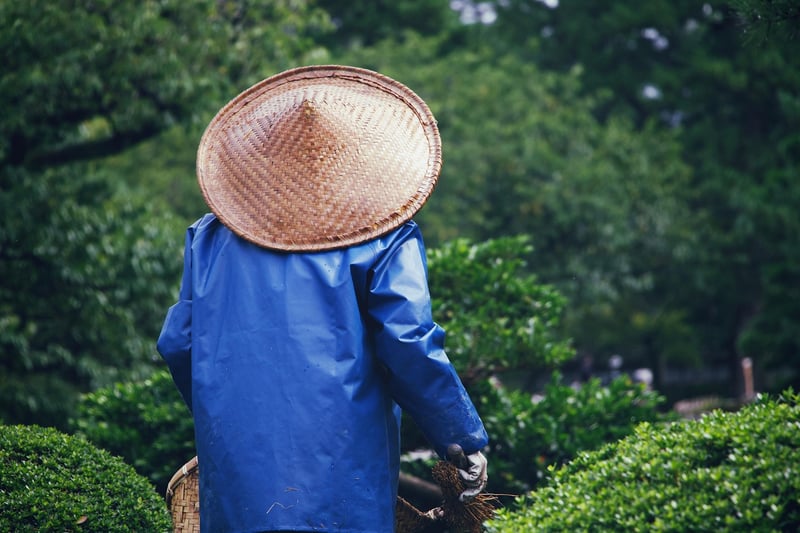
By understanding and meeting the specific needs of plants, whether they are grown indoors or outdoors, you can create a thriving garden that brings joy and beauty to your surroundings.
